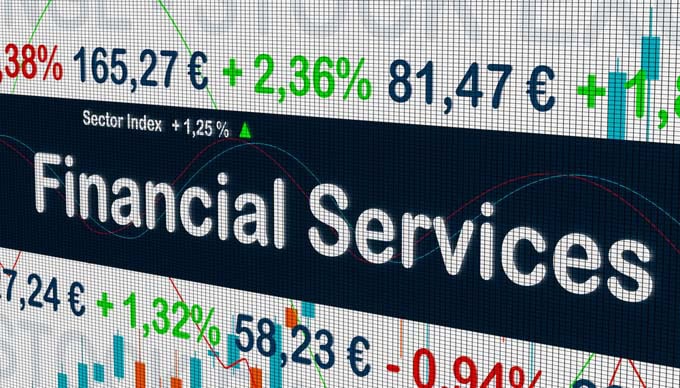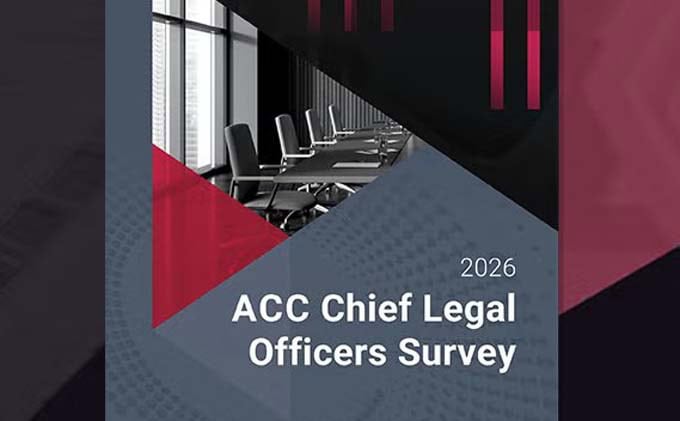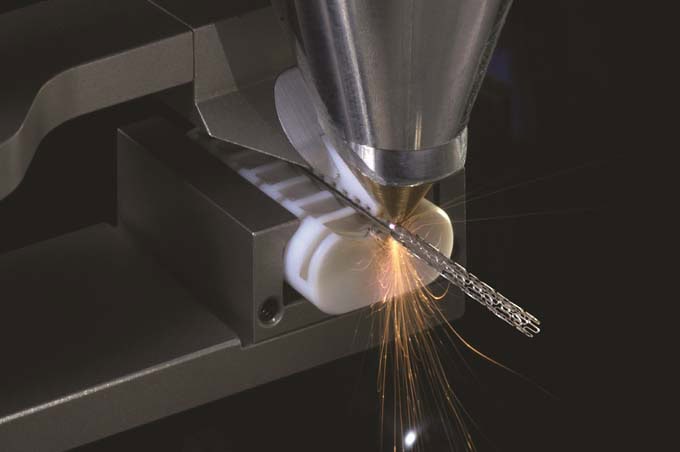Future-oriented impulses at the 40th Zurich Logistics Colloquium
"Added value through logistics": This was demonstrated at the 40th Zurich Logistics Colloquium of Dr. Acél & Partner AG in collaboration with the Institute for Machine Tools and Production (IWF) of ETH Zurich with its lighthouse projects.

The Zurich Logistics Colloquium celebrated its 40th anniversary this year! The event was founded 45 years ago by Peter Rupper. He was the guest of honor at this year's event in the ETH Lecturers' Foyer. 71 guests from industry and commerce were able to follow three practical presentations with great interest.
Smart logistics for machine tools
After the welcome to the anniversary edition of the event by the two event chairs Dr. Peter Acél and Prof. Dr. Konrad Wegener, Dr. Fabian Stoop, Technical Director at Lestoprex AG, kicked off the lecture series with his presentation "Highly complex, expensive, indispensable". He focused on smart logistics in the machine tool supplier industry. The machine tool (WZM) is a key technology. Switzerland plays a leading role among hundreds of manufacturers worldwide: precision, innovation and reliability have enabled it to assert itself as a niche market leader with an export quota of over 80 %.
Machine tools are long-term capital goods with life cycles of up to 30 years and more. Dr. Stoop emphasized the importance of efficient logistics services over the entire life cycle of the machines, from production to spare parts logistics and recycling. Competitive pressure constantly demands innovation from suppliers, while at the same time small batch sizes and strict regulatory requirements (e.g. ESG) must be met. Stoop illustrated this with two case studies: Clamping systems, safety-relevant, high-precision components, and modular coolant hoses, so-called C-parts with a high variety of combinations; standardization is the key.
Circular economy for electrical appliances
Pasqual Zopp, Managing Director of SENS eRecycling, spoke about the importance of efficient take-back and recycling of electrical appliances under the title "Circular economy in action". He showed how a voluntary, effective circular economy works successfully. He also mentioned an innovative collection and pricing concept developed together with Dr. Acél & Partner AG.
In Europe, the average household owns 74 electr(on)ic appliances, of which around eleven are broken or unused. Electronic waste is a complex type of waste. Worldwide, only 23% is professionally recycled. Thanks to SENS and Swico, Switzerland is a pioneer in returning recyclable materials to the cycle. The rate here is 95%. The system is financed by the advance recycling fee, which covers all costs for collection, logistics, recycling and administration.
There is a need for action to educate the public. Many consumers do not know what counts as an electrical appliance - a question that was also raised in the subsequent discussion. There is also a lack of convenient return options. Zopp presented the "Electro Recycling Bag" as a solution. Inspired by the return concept for used Nespresso capsules, the bag was created in collaboration with Swiss Post.
Recycling starts at the source
Nicolai Solenthaler, COO of soRec AG, closed the lecture series with his presentation "Recycling starts at the source" on the key functions of information and logistics. soRec specializes in the physical recovery of recyclable materials from electronic scrap, industrial metal waste and municipal materials (e.g. glass, aluminium). It sees recycling as an industrial process that should begin at the source, i.e. the point of disposal. High-quality recycling is only possible if materials are properly collected, sorted and passed on with the correct information. The motto "Leading in Closing Circles" sums up this philosophy. Precise information on material composition, origin and shape along the entire production chain enables a direct decision to be made as to whether a material can be shredded, sheared or supplied directly as special steel. Without information, time-consuming sorting is necessary. Solenthaler shows that the success of high-quality recycling management depends to a large extent on the installation of sensible collection concepts, information systems and logistical solutions. High-quality recycling does not start at the end, but at the beginning of the chain.
The evil of the throwaway society
In the ensuing discussion, one of the frustrations voiced was that intelligent recycling strategies were only combating symptoms of the true evil of the throwaway society: non-replaceable or separable components and a lack of repair options. The situation in the industry due to developments in the USA was also addressed. Uncertainties are making planning more difficult and China is becoming increasingly important for us.
After a brief review and closing remarks on the anniversary logistics colloquium by Prof. Dr. Konrad Wegener, the guests continued their discussions with speakers and organizers over an aperitif riche with a magnificent view of the lake and the sea of lights of the city of Zurich.
Source and further information: Dr. Acél & Partner









